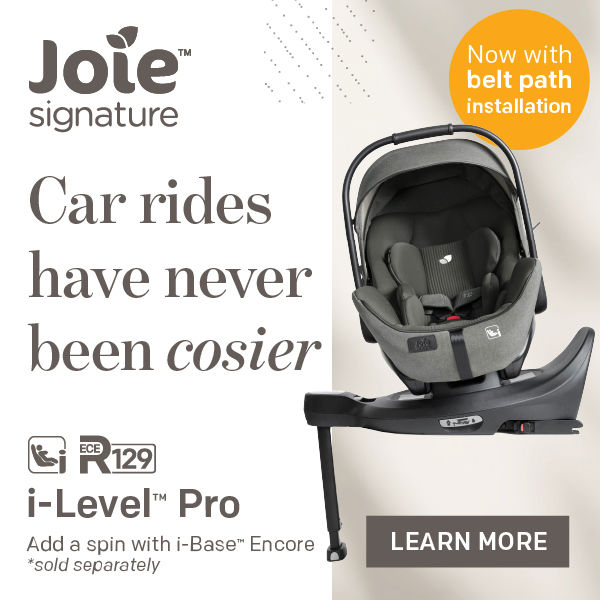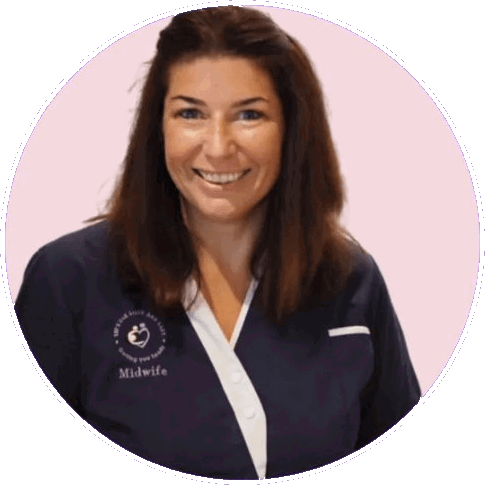Newborns can seem incredibly small and fragile. This causes many new parents to worry - obsessively worry - about everything, like their baby's fragile, paper-thin fingernails, which often tear too easily, and those teensy, tiny toes, which make peas look more like marbles.
But babies are very resilient, especially when you consider their journey through the birth canal, which will even turn the shape of a few babies’ heads into a temporary cone! While you certainly don't have to worry about breaking your baby during a nappy change, there are some things you can do to keep your little one safe. And it never hurts to be prepared.
Look into infant CPR training. Parents who learn the basics of CPR may feel more prepared for any potential emergency. Plus, it you may find it easier to participate in a class like this now, before you have a large belly or a new baby in tow. Once your baby arrives, you'll be happy for the days you're able to find enough time to take a shower and wash a few dishes. Meaning, the time you'll need to take a reoccurring class may be even harder to come across.
Keep safety in mind as you put your nursery together. This means the bassinet your great-great-grandfather slept in, albeit a family heirloom, should not be reused if there's a fraction of possibility your little one could get trapped between its railings. Everything you purchase, everything previously used and/or handed down to you, should meet the present-day safety recommendations.
Due to health concerns and safety issues, there are a few major items you should avoid borrowing or buying if they've been previously used, gently used, or are "like new." For example, experts recommend you always purchase new mattresses, car seats, cribs, and breast pumps.
Are you planning to paint walls in a nursery? Make sure you choose a brand of paint approved for pregnant women because, similar to why you shouldn't be changing the kitty's litter, certain paints have chemical fumes that can be harmful to your unborn baby. It is impossible to eliminate all possible safety hazards in a home, but research and preparation can help you to focus on the things you can do to keep baby safe. Of course, you still won't be safe from nappy explosions!


